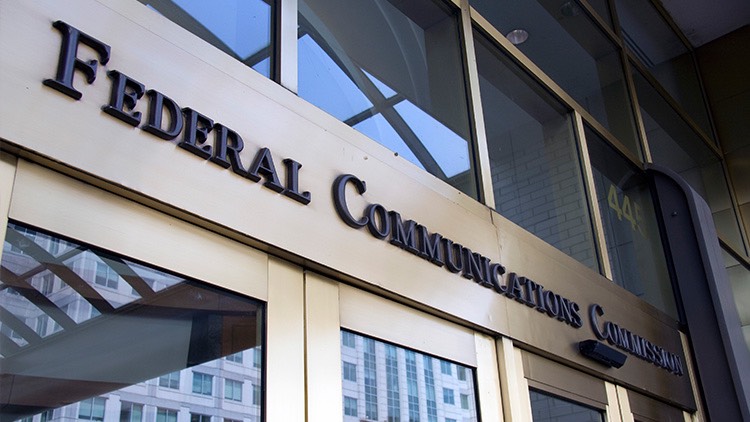NCTA Stakes Out Pole Position in Infrastructure Inquiry

The smarter way to stay on top of broadcasting and cable industry. Sign up below
You are now subscribed
Your newsletter sign-up was successful
NCTA–The Internet & Television Association has told the FCC how it thinks "needless friction" can be removed from the process of deploying infrastructure, primarily by improving the pole attachment process.
The FCC on April 20launched a notice of inquiry into ways to make it easier to deploy next-generation networks by removing barriers like access to poles and rights of way at the federal, state and local level.
NCTA this week filed comments in that proceeding, and it had a lot to say.
It wants the FCC to help reduce the cost of installing fiber, saying that is a way for the FCC to counter "unnecessary and costly" constraints imposed by the utility companies.
It also argues for helping deploy the kind of "last mile" extensions to commercial properties.
NCTA also suggested utilities are artificially extending FCC deadlines for dealing with pole attachment applications and levying additional charges for costs already in pole rents and make-ready charges.
NCTA wants the FCC to force utility companies to publish a schedule of fees for rent, applications, surveys, make-ready, pole replacements and anything else its members will be assessed in attaching to utility poles.
The smarter way to stay on top of broadcasting and cable industry. Sign up below
It also says that pole attachers should have a chance to do make-ready work themselves and adequate notice of all work.
Not surprisingly, NCTA says pole attachment rates should be low, uniform, fair and reasonable, competitively neutral and nondiscriminatory, and not allowed to include capital costs, particularly where poles have already been fully depreciated.
NCTA also says there has recently been some issues with sharing easements and wants the FCC to declare that such sharing can't be restricted.
It also wants the FCC to make it clear that local franchising authorities can't impose restrictions on deployment of advanced services, like requiring added fees for new equipment for services offered over the same facilities.
"Where a cable operator already pays (through its cable franchise fee) for the right to access and utilize the public right-of-way, the addition of broadband or telecommunications services does not impose any additional maintenance or regulatory costs and should not be treated by state or local governments as a revenue-generating opportunity," the association said.
Finally, NCTA said state and local franchise authorities should not be able to dictate the technologies cable operators use to provide service, including discrimination against certain types of equipment or "unreasonable obligations."
Contributing editor John Eggerton has been an editor and/or writer on media regulation, legislation and policy for over four decades, including covering the FCC, FTC, Congress, the major media trade associations, and the federal courts. In addition to Multichannel News and Broadcasting + Cable, his work has appeared in Radio World, TV Technology, TV Fax, This Week in Consumer Electronics, Variety and the Encyclopedia Britannica.

